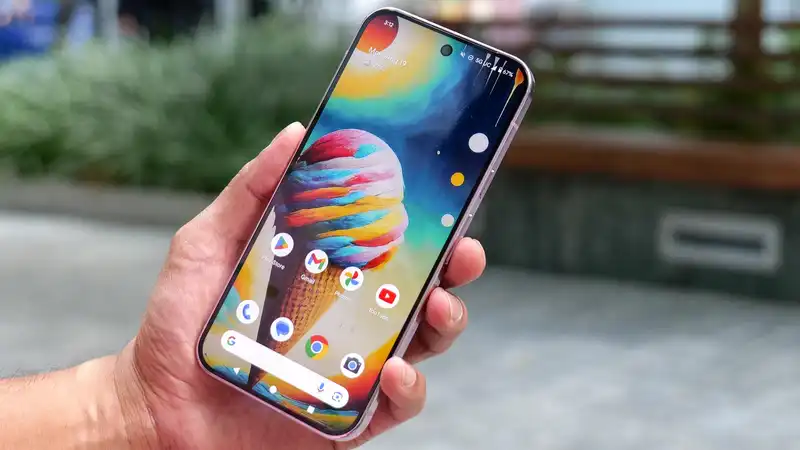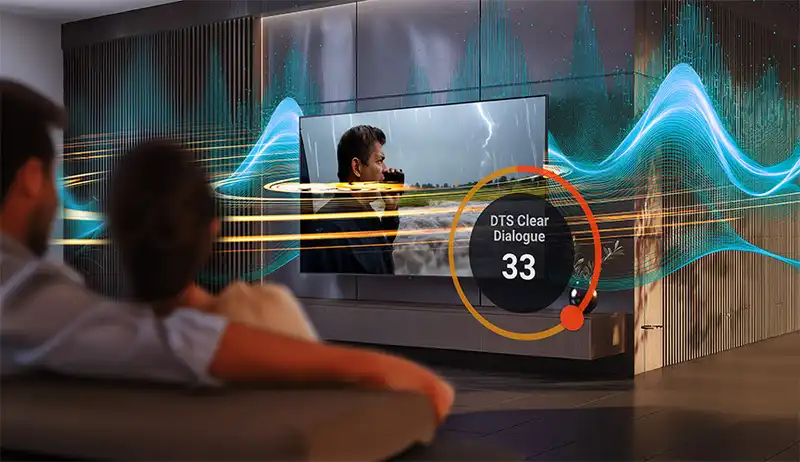New leaks may have revealed the AI capabilities in Google's next-generation smartphones.
Recently, there was a major leak that revealed hardware details of the upcoming Tensor chip, the Tensor G5. That was followed by another leak about the power of the next-generation chip. And now, thanks to a new report (via Android Authority), we get a glimpse of the new features coming to the Pixel 10 and Pixel 11.
The leak focuses on all new AI features, including the “Video Generative ML” feature enabled by the G5's upgraded TPU. According to the report, this will use AI to understand videos, making post-video editing easier, and may be available in the YouTube app.
Google is reportedly exploring several other AI-based photo editing features. For example, a feature called “Speak-to-Tweak,” which appears to be an LLM-based editing tool. There is also a feature called “Sketch-to-Image,” which appears to be similar to one of Galaxy AI's best features.
A “Magic Mirror” feature is also mentioned, but we are not sure about that. It also appears that G5 will be able to run Stable Diffusion-based models locally. This will make image generation much faster than the current server-based models. Google will also finally add support for 4K 60fps HDR video on both Pixel 10 and Pixel 11.
The documentation also mentions all the previously mentioned features, plus quite a few changes that will be brought by Google Pixel 11, thanks to Tensor G6.
The Pixel 11 also appears to offer 100x zoom via machine learning. However, due to variations in the respective algorithms, it may not be possible to achieve consistent image quality. The document mentions a next-generation telephoto camera designed to enhance this feature, meaning that some hardware changes may be on the horizon.
The Cinematic Blur introduced in the Pixel 7 and Pixel 7 Pro is also mentioned as being upgraded. According to reports, this will support 4K 30fps video and offer a video rewrite feature that appears to change lighting conditions. Both of these are possible thanks to the new Cinematic Rendering Engine in Tensor's image signal processor. According to the documentation, this hardware reduces the power consumption of video recording with blurring by almost 40%.
Google Pixel 11 offers a new feature called Ultra Low Light video (also known as Night Sight video). This feature already exists, but currently uses cloud processing, whereas the new version will reportedly run on-device. Google specifies that the feature is recommended for lighting conditions of 5-10 lux and depends on new camera hardware to function, but does not go into details.
The new Nano-TPU in the low-power portion of Tensor G6 allows Google to add new ML-based always-on features to the Pixel 11. Most of these are reportedly health-based features such as “apnea, coughing, snoring, sneezing, sleep apnea, fall detection, gait analysis, and sleep stage monitoring. While it may be worrisome to have that much information monitored, the Pixel 11 is expected to be as secure as the Pixel 9.
The leak indicates that many changes are coming to Google phones, and the camera changes alone will point to the Pixel 11 being one of the best camera phones once it is released.





Comments